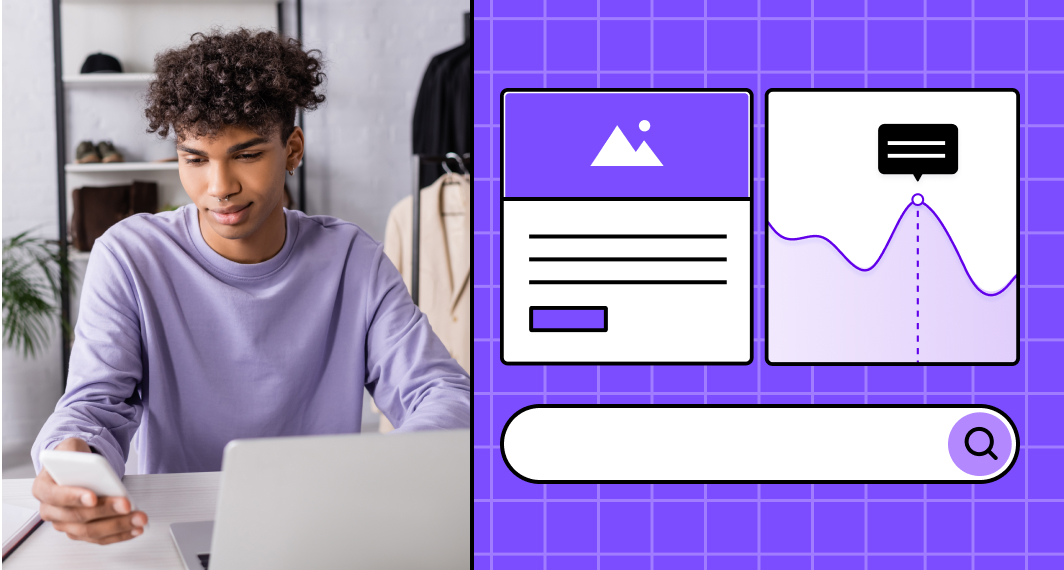What are transaction fees?
Transaction fees are charges incurred when you make financial transactions, such as buying products online or transferring money. They’re the costs associated with processing and securing these transactions and they’re normally collected by payment processors or merchant banks. The fees may either be a fixed amount or a percentage of the transaction.
Transaction fees help cover the expenses of maintaining payment infrastructure, handling fraud protection and ensuring the smooth flow of funds during your transactions.
They are separate from revenue sharing and impact your profit margins far less by comparison.
Types of transaction fees
Depending on the transactions, there are various types of fees you may need to pay 👇
1 - Processing fees
Processing fees are charges incurred for the handling and processing of your payment transactions. Payment service providers, such as PayPal or credit card processors, usually collect these fees.
Debit or credit card processing fees cover the cost of securely processing your payment and transferring funds between parties.
2 - Merchant account fees
When you accept online payments, you may need a merchant account. These accounts may come with monthly fees or transaction-based fees. Merchant account fees help maintain your account and provide access to payment processing services.
3 - Credit card interchange fees
Major credit card networks or credit card issuers charge interchange fees to process card payments. These fees can vary based on factors like the type of credit card companies (e.g. Visa, Mastercard) and the size of the transaction. Credit card interchange fees are typically paid by merchants.
4 - Currency conversion fees
If you engage in international ecommerce, you may encounter currency conversion fees. These foreign transaction fees apply when you need to convert funds from one currency to another during a transaction. They cover the cost of foreign currency exchange and fluctuation risk.
How to calculate transaction fees?
Transaction fees are typically calculated based on a percentage of your transaction amount or a flat fee per transaction. The exact fee structure depends on the payment service provider and the type of transaction you’re doing.
The formula to calculate the transaction fee is:
Transaction Fee = Transaction Amount X Transaction Fee Rate + Fixed Fee |
Let’s now understand this with an example:
You're an online seller with a 5% transaction fee rate and a $0.30 fixed fee per transaction. If a customer purchases a product from your store for $50, then the transaction fee will be:
Transaction Fee = $50 X 0.05 + $0.30
The transaction fee, in this case, will be $2.80.
How are transaction fees paid?
Typically, the transaction charges are paid during the payment processing stage. However, there can be other instances where it’s paid:
1 - Deducted from account balance
If you’re an online seller or business owner, transaction fees are often automatically deducted from the total transaction amount before the remaining funds are deposited into your account. This means you receive the net amount after the fee deduction.
2 - Charged to credit or debit card
When making an online transaction, transaction fees may be added to the total cost of your order. You'll see the final amount, which includes the product price and the transaction fee when you check out. This total is then charged to your credit or debit card.
3 - Invoice billing
In some cases, especially for high-volume or business-to-business (B2B) transactions, you may receive an invoice for transaction fees. You’ll be required to make a separate payment to cover these fees within the specified time frame.
4 - Customer-borne fees
In certain instances, such as international transactions or using specific payment methods, consumers may be charged a convenience fee or a currency conversion fee in addition to the purchase price. These fees are typically shown to you during the checkout process.
Impact of transaction fees
Transaction fees can impact both your online store and your customers. Here’s how:
1 - Reduced profit margins
Transaction costs can affect your profit margins, especially for small businesses and entrepreneurs. When you pay transaction fees for each sale, your overall profitability may decrease, which could limit your ability to invest in growth or offer competitive pricing.
2 - Consumer pricing
As a business owner, you might be tempted to pass on some or all of the transaction costs to your customers by increasing product prices. This can potentially make your products less attractive to price-sensitive buyers, impacting your sales volume.
3- Checkout experience
Transaction costs can influence your customer’s checkout experience. Unexpected fees or unclear pricing can lead to a bad customer experience and frustration, leading to cart abandonment.
4 - Payment method choices
Transaction costs highly affect the choice of payment gateways a business provides to its consumers. As some payment methods have higher fees than others, businesses may encourage customers to use lower-cost methods, while consumers may opt for cost-effective payment options to minimise fees.
Get a free app prototype now!
Bring your software to life in under 10 mins. Zero commitments.

 Facebook
Facebook X
X LinkedIn
LinkedIn YouTube
YouTube Instagram
Instagram RSS
RSS


